Balancing Homework and Extracurriculars
By Ella Tackett
Band, sports, clubs, volunteer work, jobs, the list of extracurricular activities could stretch for miles. There are tremendous benefits to participating in these activities, including adding experiences to a college application. But for some kids, it’s too much to handle, and there are a lot of students struggling from taking on too much. After-school commitments are especially challenging, as homework often comes second to these time-consuming pursuits. This is particularly true for upperclassmen, as AP classes and SATs add yet another factor to the numerous engagements students are involved in.
Time management is not a strong suit for many teenagers; exemplifying the problem are the myriad of distractions available nowadays. When kids get home from a long day of school, they often reach for social media or TV as opposed to jumping right into their schoolwork. Impulse control and beginning with the end in mind are not areas that high schoolers typically excel at. The need for instant gratification often results in less time to do homework overall.
Marching band is one extracurricular that is especially hard to balance alongside schoolwork. The rehearsals are long and draining, and it is one of the most tiring activities that kids can take part in. Sports is another activity; practices can last for hours and games are often far away, further cutting into the time for studying. Having a job is often necessary for many kids, but the hours spent at work can be detrimental to a student’s grades.
This is not to say that engaging in these pursuits can’t be beneficial to students. Some students report being able to focus better and staying more concentrated when they do get to their assignments because of what they do outside of school. Colleges tend to look at students who are well-rounded and can manage their time adequately. The caveat is that the benefit to applications is uncertain if grades start to slip. Extracurriculars can be a positive experience in one’s high school career, but only if the student does not take on more than they can handle.
Managing time is a skill, so it can be improved on if necessary. Working to not procrastinate and staying on task can boost a student’s productivity. The key to managing time is not creating more of it, but using the time you do have wisely. If a student truly has taken on too much and there is simply not enough time to go around, then they might be forced to drop an activity. Creating priorities, and not problems, is what students should focus on.
Participating in activities outside of school definitely has its pros and cons but, in general, getting involved in school really has no negatives. Teachers always tell kids to get involved in whatever way best works for them. Managing priorities is the best way to stay on top of the things that matter, and it is important to understand what works best for you. Every student is unique, we all simply need to do what is best for our own success.

Ella is a freshman at SMHS and a writer for the website. She is involved in Newspaper Club, Debate Club, Model United Nations, and Academic League. She...



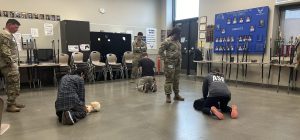








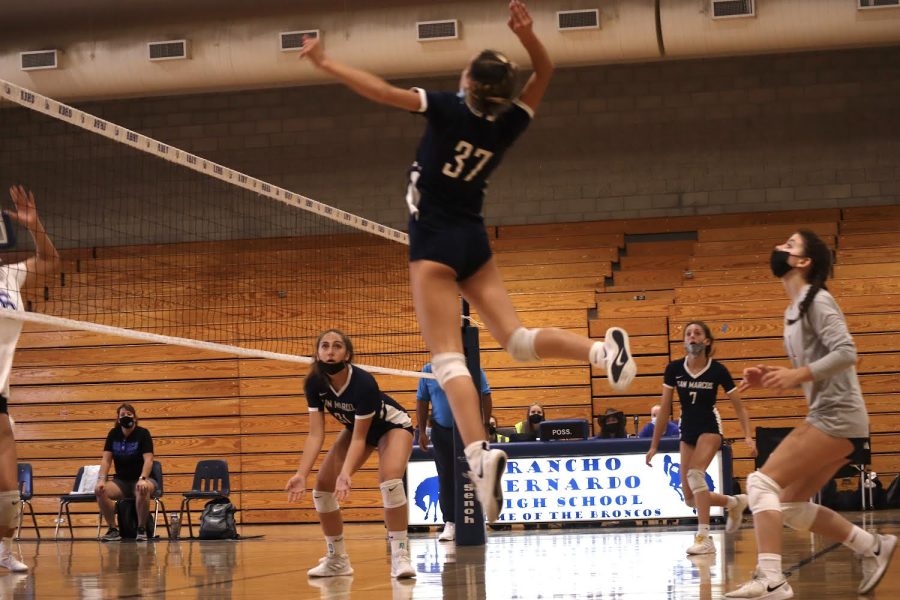


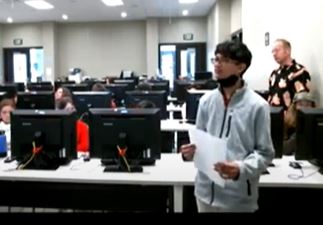
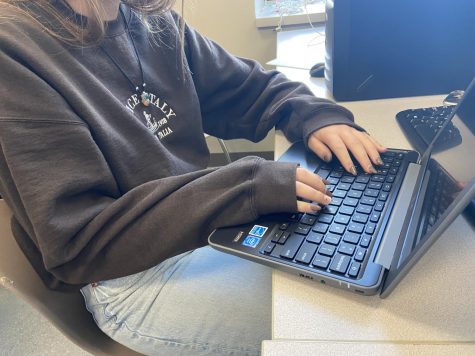

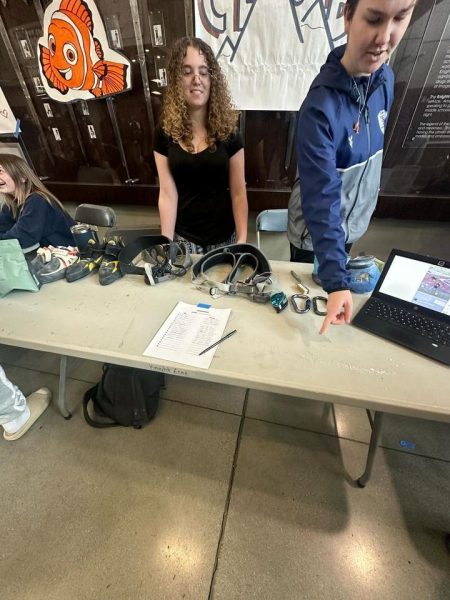






Ella Tackett • Sep 24, 2022 at 8:59 pm
10/10